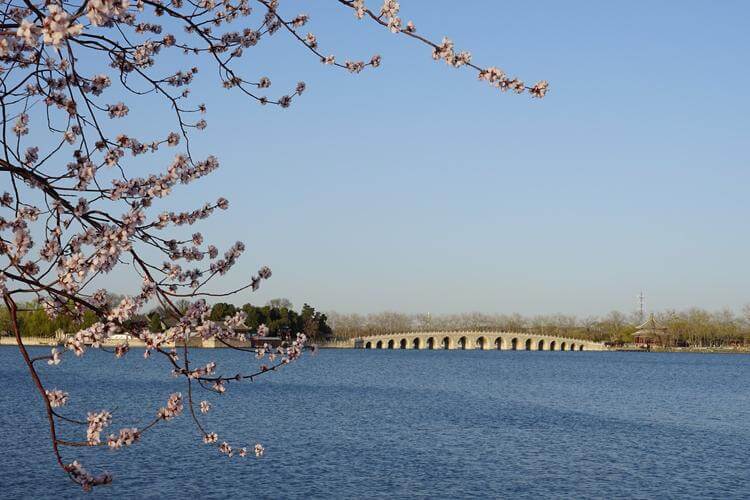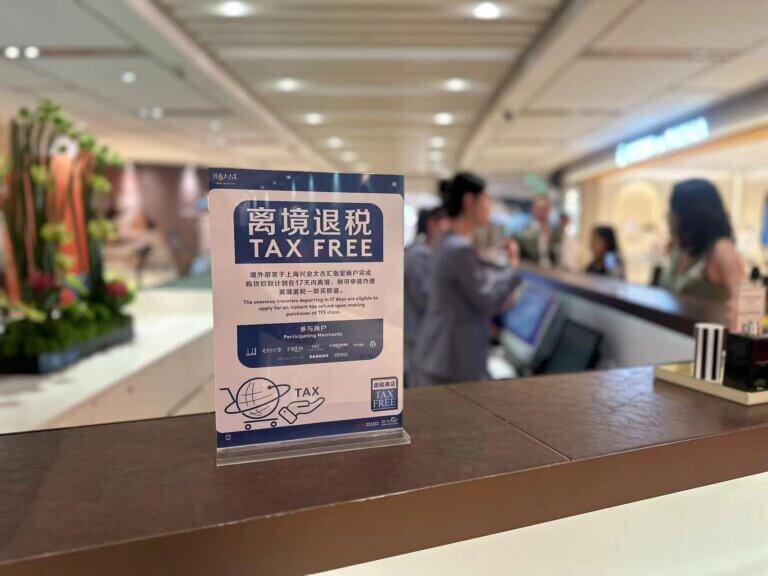
When planning an international trip, safety is often a top concern. For Americans considering a visit to China, the question “Is it safe to travel to China?” is a common one. The short answer is yes, China is generally a safe destination for tourists. However, like any other country, there are certain precautions and preparations you should keep in mind to ensure a smooth and enjoyable trip. In this article, we’ll explore why China is a safe travel destination, what to watch out for, and how to prepare for your journey.
Is China Safe for Tourists? Absolutely!
China is one of the most popular tourist destinations in the world, attracting millions of visitors annually. The country boasts a low crime rate, especially when it comes to violent crimes against tourists. In major cities like Beijing, Shanghai, and Hangzhou, you’ll find a strong police presence and a well-organized public security system. Petty crimes such as pickpocketing can occur in crowded areas, but these are relatively rare compared to many other countries.
One of the reasons China is so safe is its extensive use of surveillance technology. Cameras are everywhere—on streets, in subway stations, and even in some residential areas. While this might feel unusual for Americans, it contributes to the overall safety of the country. If you ever find yourself in trouble, you can dial 110, the emergency number for police assistance, and help will arrive quickly.
Things to Be Mindful of When Traveling in China
While China is safe, there are a few things to keep in mind to ensure your trip goes smoothly:
- Language Barrier: English is not widely spoken outside of major tourist areas and hotels. Learning a few basic Mandarin phrases or using a translation app can be incredibly helpful.
- Scams and Overcharging: In tourist-heavy areas, some vendors might try to overcharge foreigners. Always double-check prices and consider using ride-hailing apps like Didi instead of hailing taxis off the street.
- Air Quality: In some cities, air pollution can be a concern. Check the air quality index (AQI) and consider wearing a mask if necessary.
- Cultural Differences: Be respectful of local customs and traditions. For example, avoid discussing sensitive topics like politics or religion.
- Internet Access: China’s internet is heavily censored, and many Western websites and apps (like Google, Facebook, and Instagram) are blocked. Consider getting a VPN before your trip if you need access to these services.
Friendly and Welcoming Locals
One of the highlights of traveling in China is the warmth and hospitality of the people. While the language barrier can sometimes make communication challenging, most locals are eager to help. Don’t be surprised if strangers offer directions or even invite you to join them for a meal. Chinese culture places a strong emphasis on hospitality, and you’ll likely find yourself welcomed with open arms.
In rural areas, where foreign tourists are less common, you might even attract some curiosity. People may want to take photos with you or ask where you’re from. Embrace these interactions—they’re often the most memorable parts of a trip.
Robust Security Infrastructure
China’s security infrastructure is one of the most advanced in the world. As mentioned earlier, surveillance cameras are ubiquitous, and they play a significant role in maintaining public safety. In addition to cameras, many public spaces are patrolled by security personnel, especially in transportation hubs like airports and train stations.
If you lose something or need assistance, don’t hesitate to approach a police officer or security guard. Most are trained to handle situations involving foreigners and will do their best to assist you. For emergencies, remember that 110 is the number to call for police help, while 120 is for medical emergencies.
Preparing for Your Trip to China
To make the most of your visit, here are a few things you should prepare in advance:
- Visa Requirements: Americans need a visa to enter China. The application process can take several weeks, so plan ahead. The cost is around $140, depending on the type of visa.
- Currency: The official currency is the Chinese Yuan (CNY). While credit cards are accepted in major cities, cash is still king in smaller towns and rural areas. ATMs are widely available, but notify your bank before traveling to avoid issues with international transactions.
- Health Precautions: Make sure your routine vaccinations are up to date. It’s also a good idea to carry a basic first-aid kit and any prescription medications you might need.
- Travel Insurance: While China is safe, accidents can happen. Invest in a comprehensive travel insurance plan that covers medical emergencies, trip cancellations, and lost luggage.
- Local SIM Card or Wi-Fi Device: Staying connected is essential, especially if you’re relying on translation apps or maps. You can purchase a local SIM card at the airport or rent a portable Wi-Fi device.
Final Thoughts: China is a Safe and Rewarding Destination
So, is it safe to travel to China? Absolutely. With its low crime rate, friendly locals, and robust security infrastructure, China is a fantastic destination for American tourists. By taking a few basic precautions and preparing in advance, you can enjoy a hassle-free trip and immerse yourself in the country’s rich history, culture, and cuisine.
Whether you’re exploring the Great Wall, marveling at the Terracotta Warriors, or savoring authentic dim sum, China offers an unforgettable travel experience. So pack your bags, brush up on your Mandarin, and get ready for an adventure of a lifetime!






